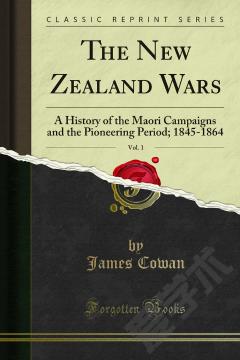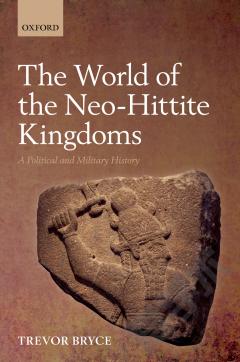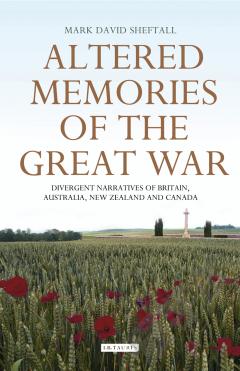The New Zealand Wars —— A History of the Maori Campaigns and the Pioneering Period
-----
Oral witness has its historical value, as Mr. George Macaulay Trevelyan has explained in his history Garibaldi and the Thousand: You cannot cross-examine a book or manuscript: that is the weakness of written evidence, which the presence of oral evidence rectifies to some degree. To this it may be added that an historian cannot thoroughly grip the spirit in which wars were waged, or appreciate to the full the motives and feelings of the contending forces, unless he has had some personal knowledge of the combatants, and has mingled with members of the warring parties. The psychology of the struggle will elude the writer who delays his work until the last veteran, the last pioneer, and the last Maori of the old school have gone from among us.The foundation for this work of history-gathering was laid, unconsciously enough, in the writer's boyhood on a farthest-out farm on the King Country frontier. Since those youthful days on the battlefield of Orakau; where the shawl-kilted tattooed Maoris who had fought in the wars were familiar figures, and when the pakeha stalwarts who had carried rifle on many a bush war-path garrisoned the blockhouses and redoubts which still studded the Waikato border, the task of collecting the tales of old has been an of ten-renewed pleasure.In the course of writing this History it was necessary to examine a very large amount of material in book form, in official documents, and in newspaper-files. It was necessary also to explore battlefields and sites of fortifications throughout the North Island. Veterans of the wars, European and Maori, were sought out, sometimes in the most remote places, and the field notes made on the scenes of engagements and sieges were often enhanced in value by the presence of soldiers, settlers, or natives who had fought there and who were able to describe the actions on the spot.I take pleasure in recording here the names of those who gave valuable co-operation in this work.
{{comment.content}}








 京公网安备 11010802027623号
京公网安备 11010802027623号